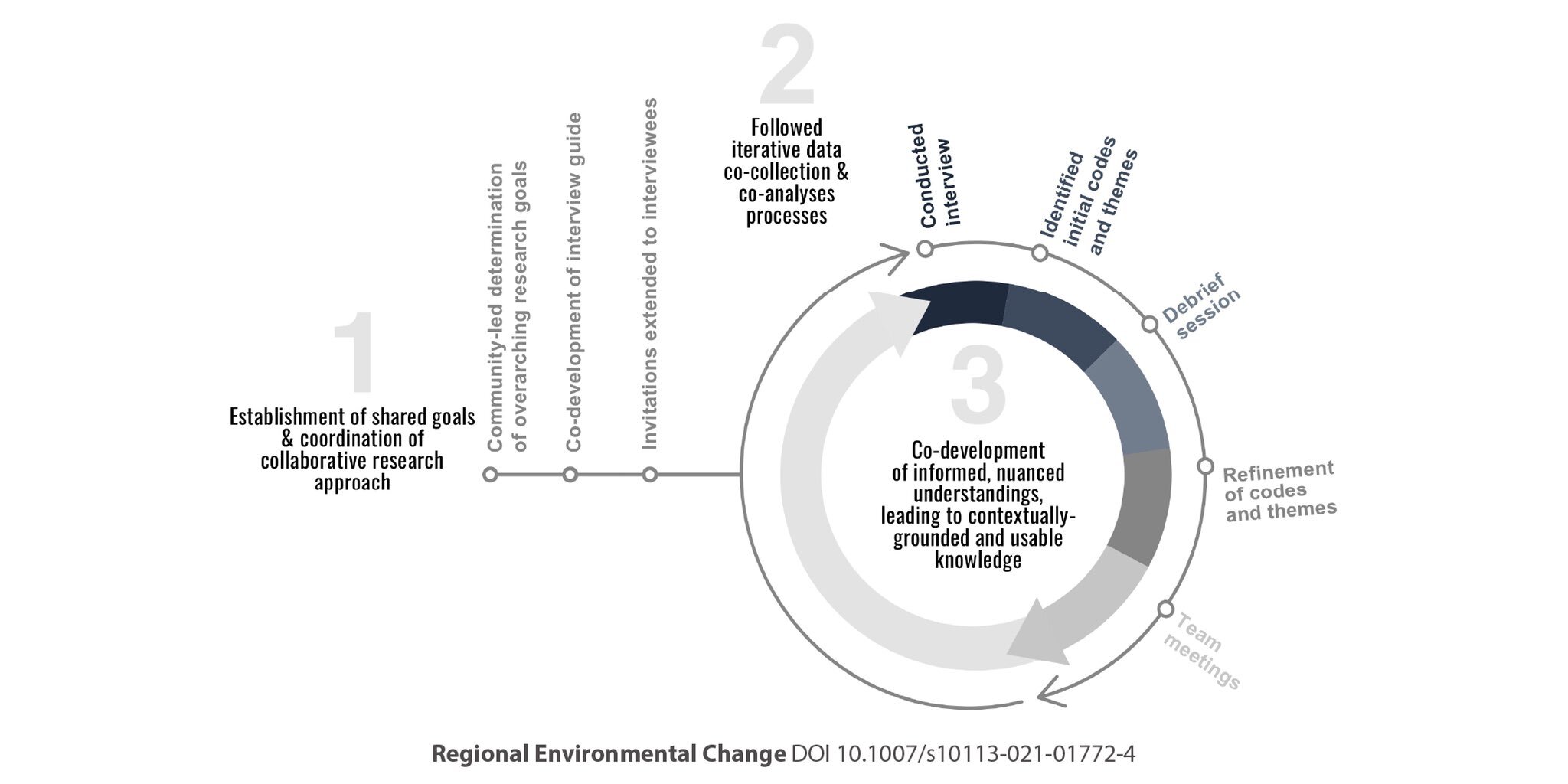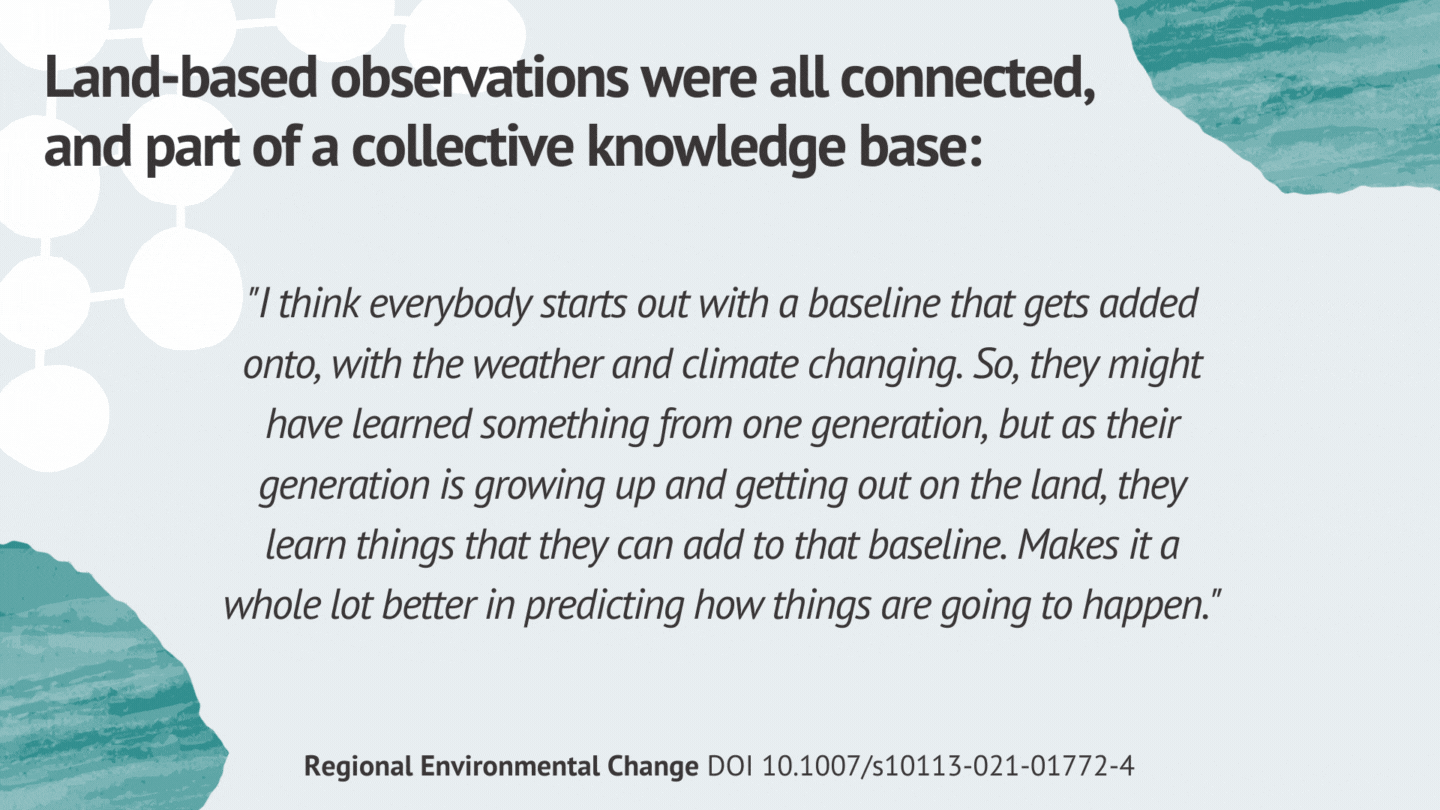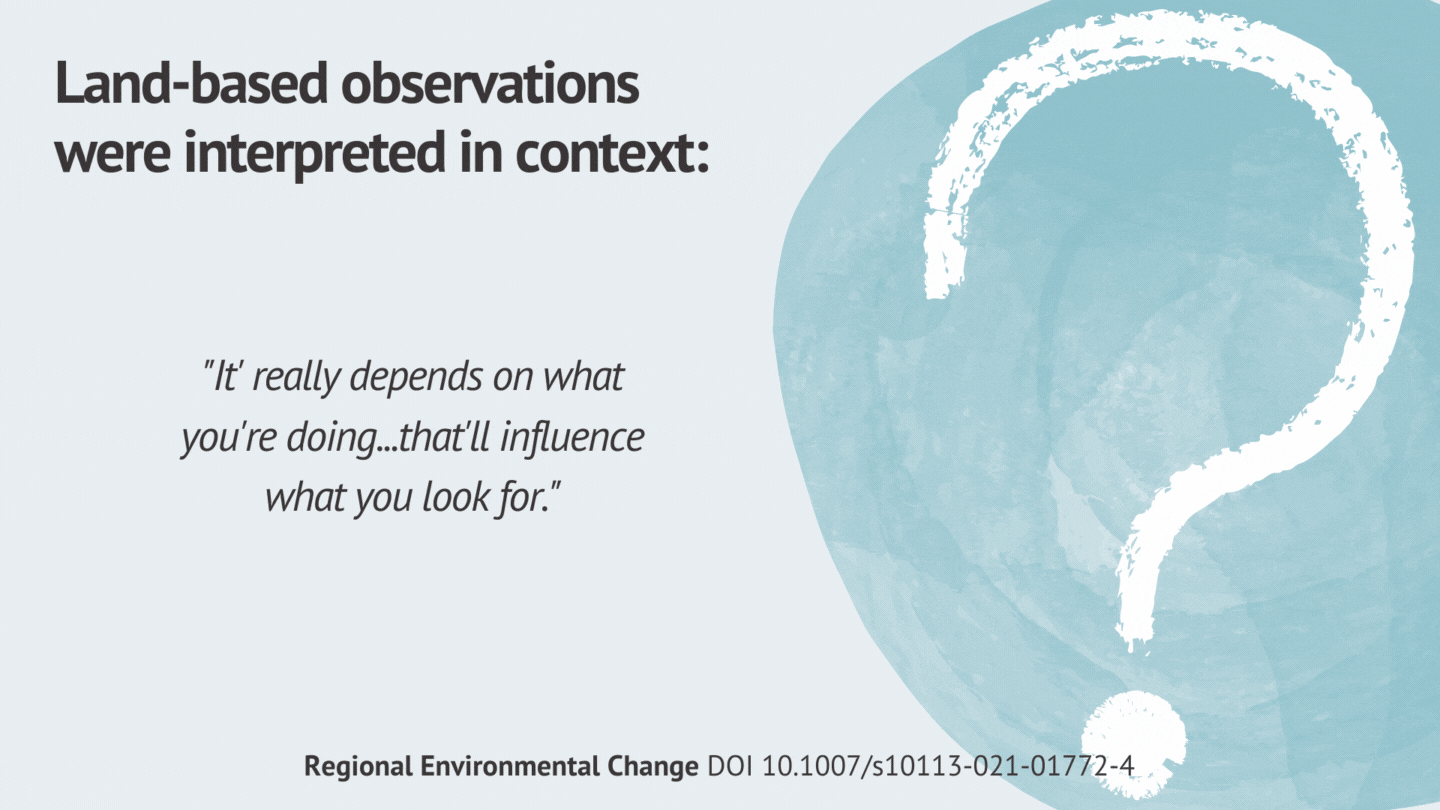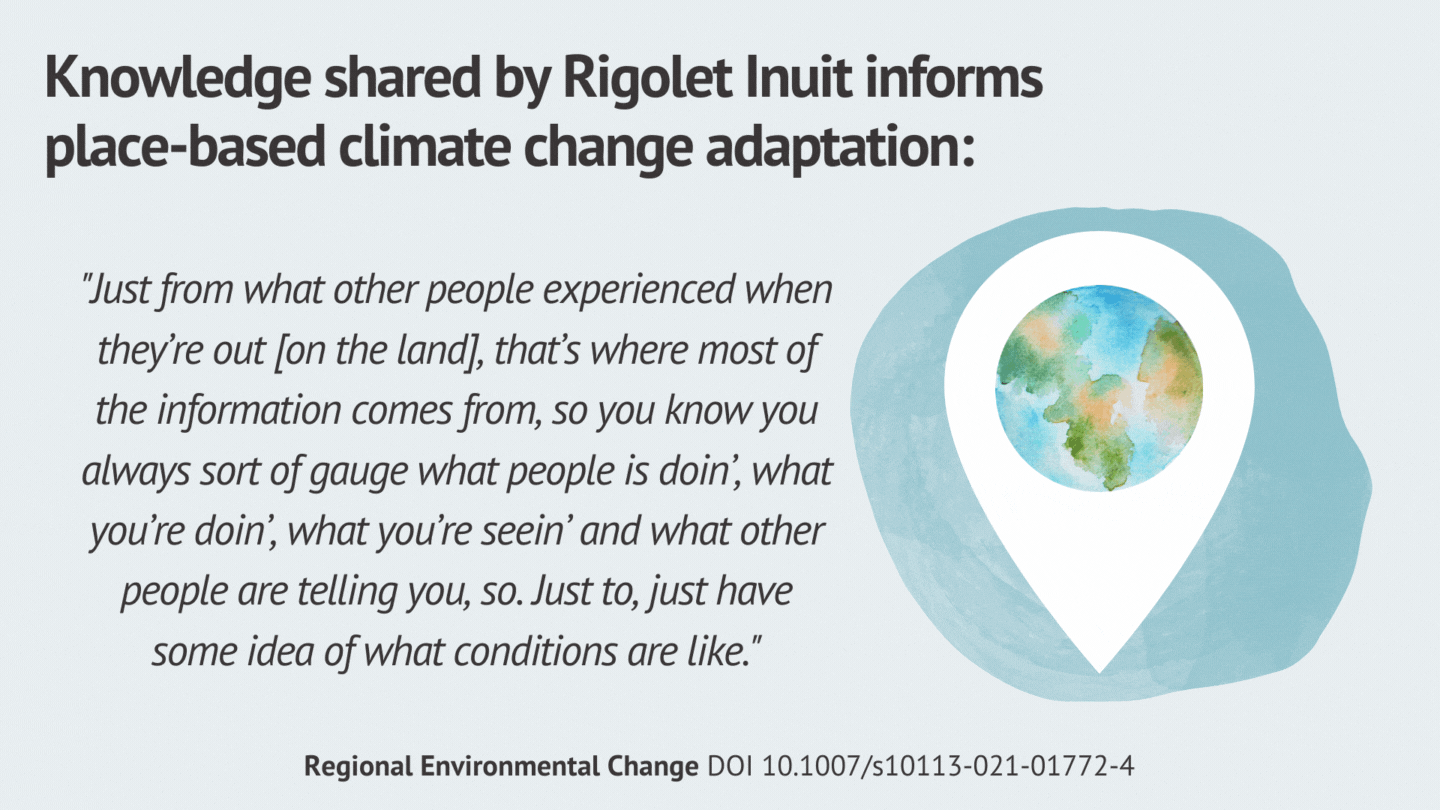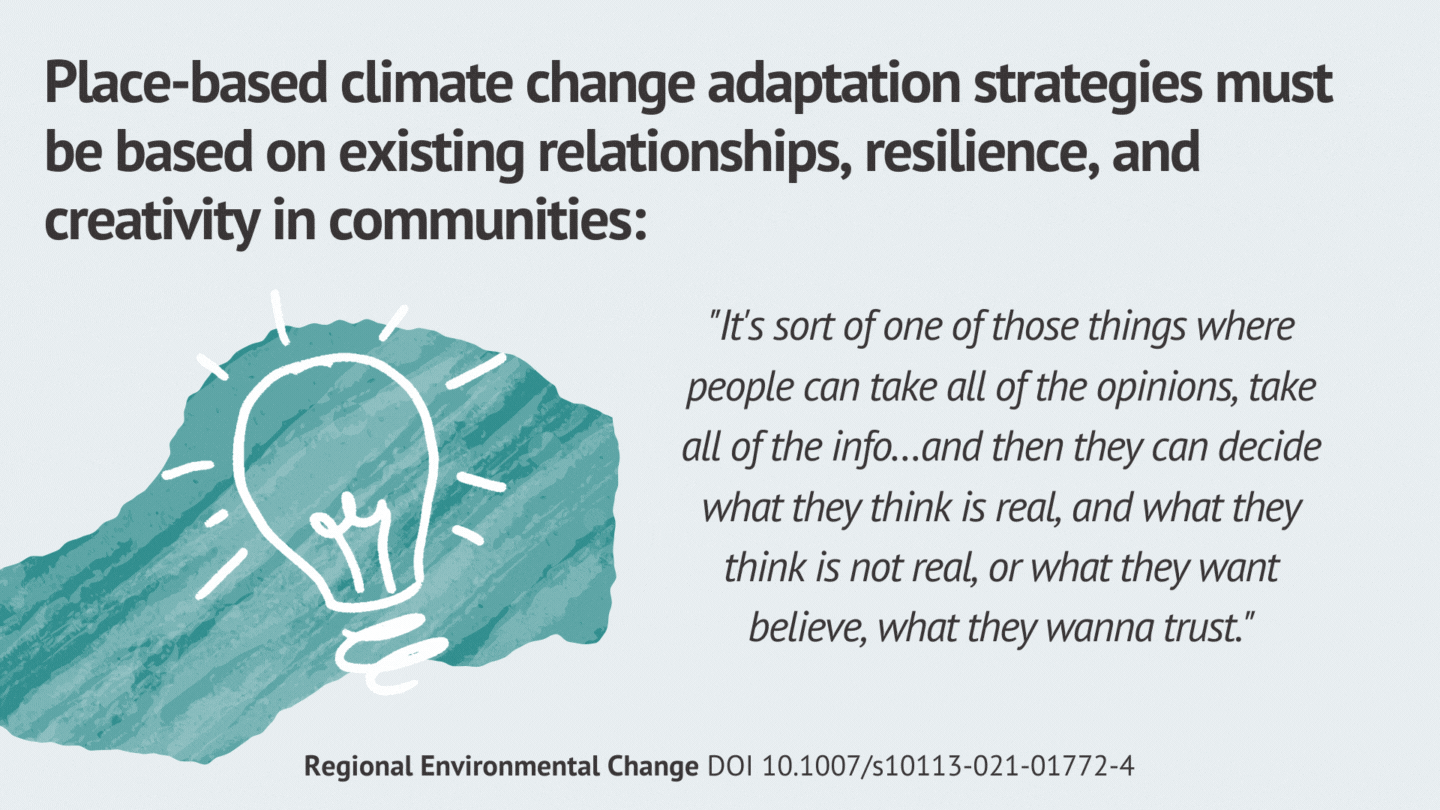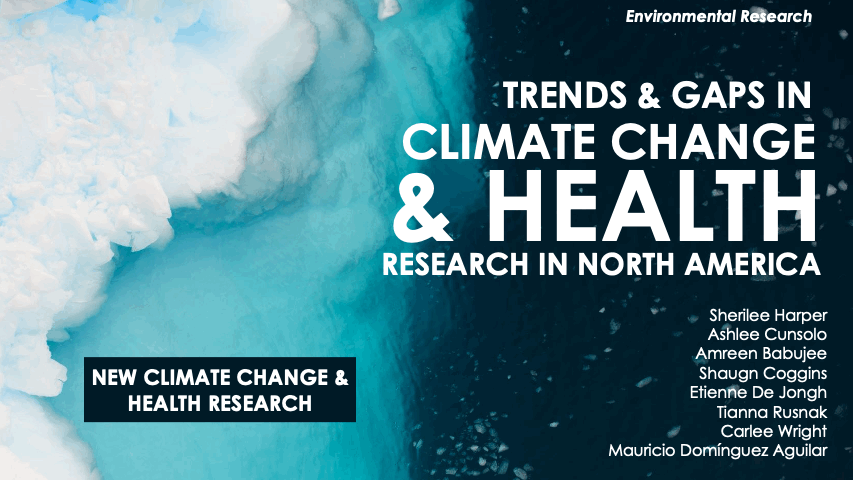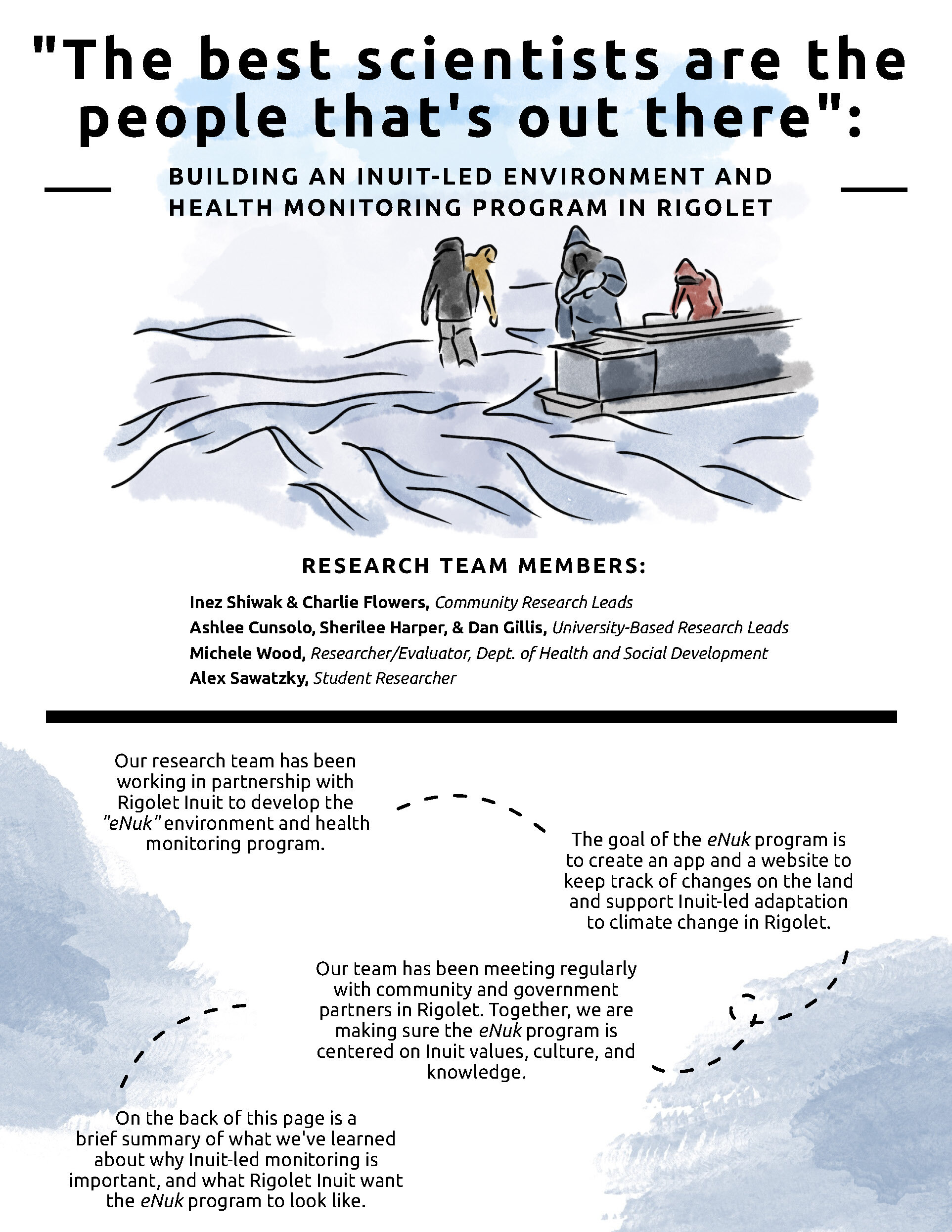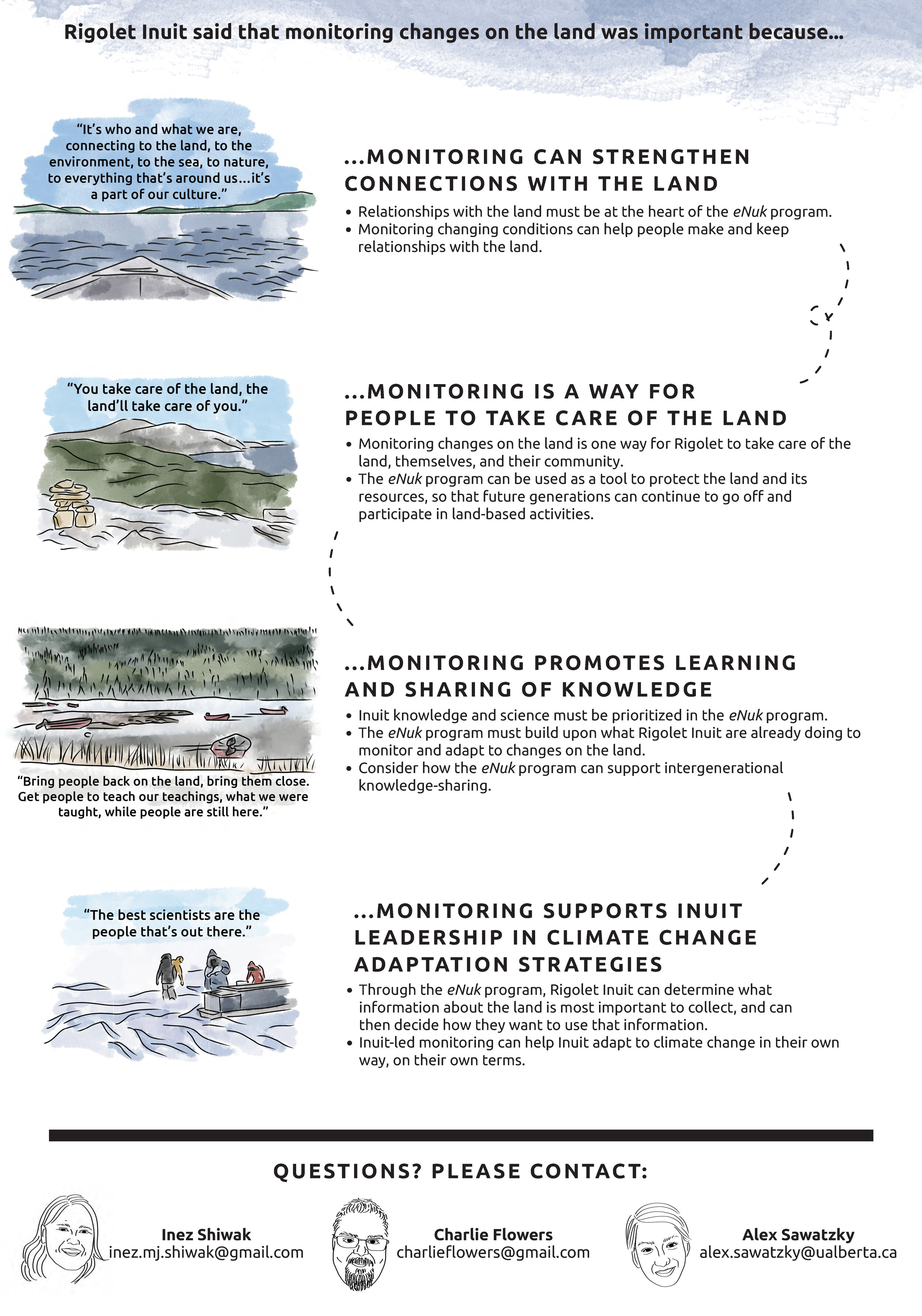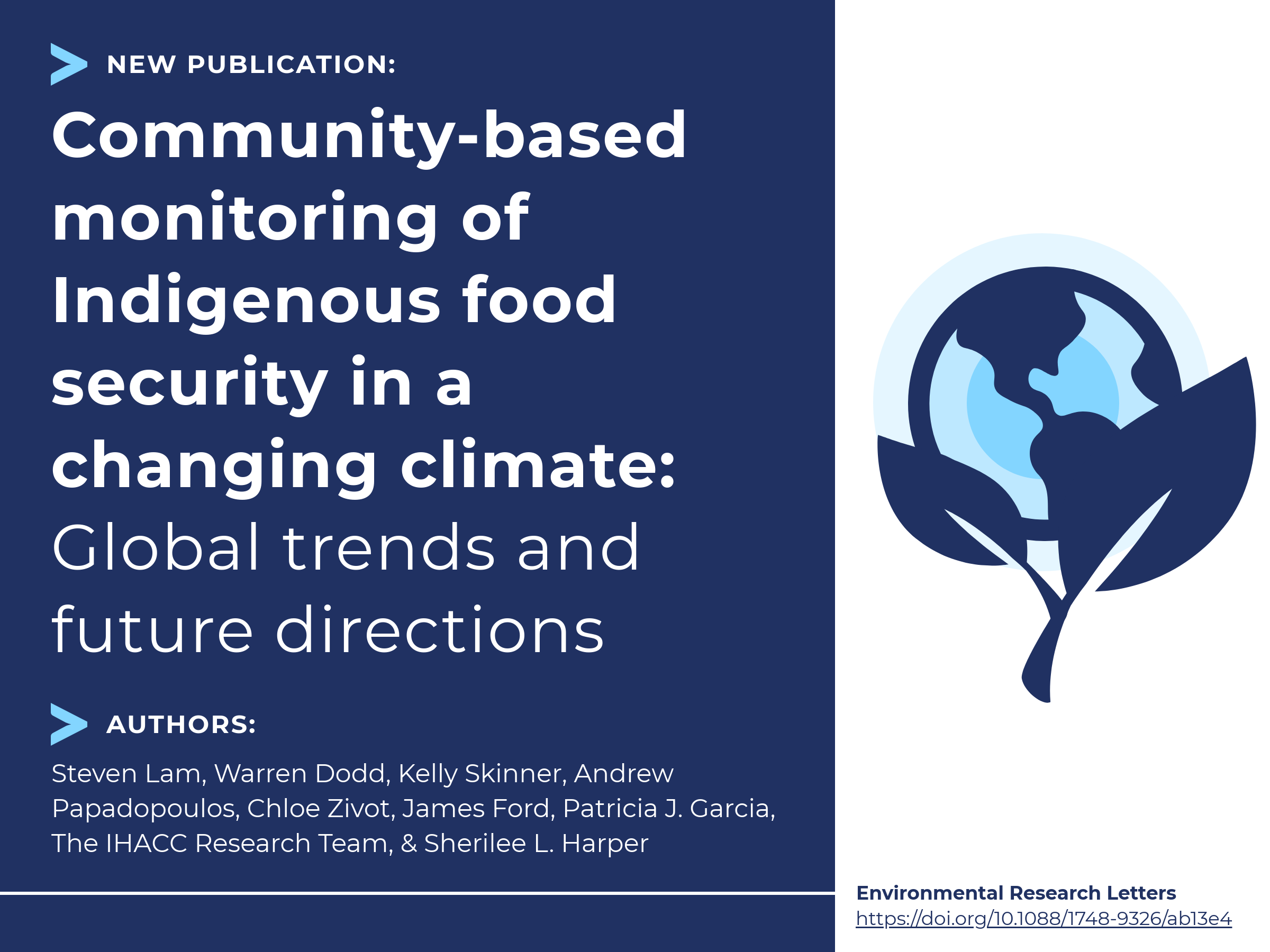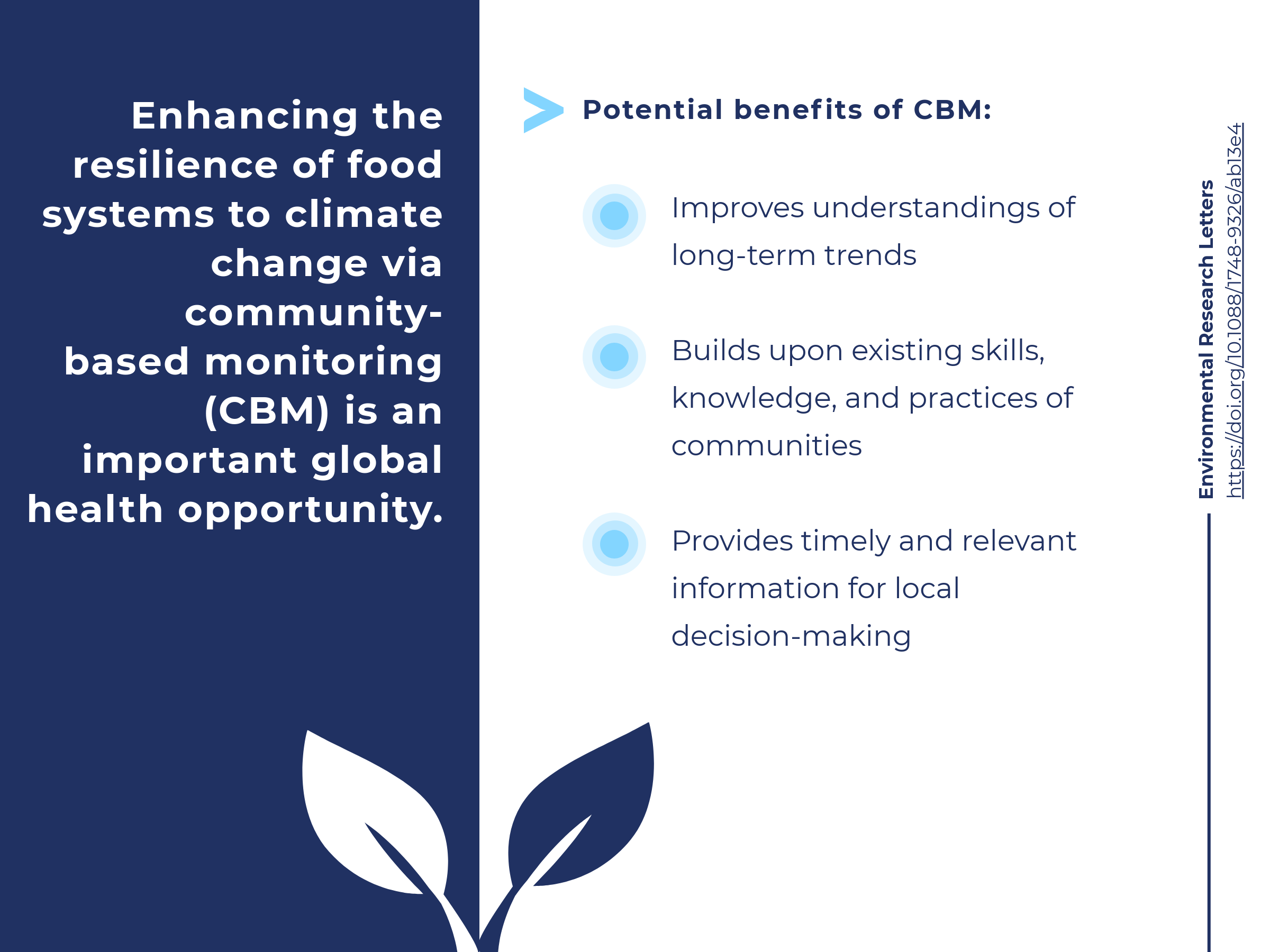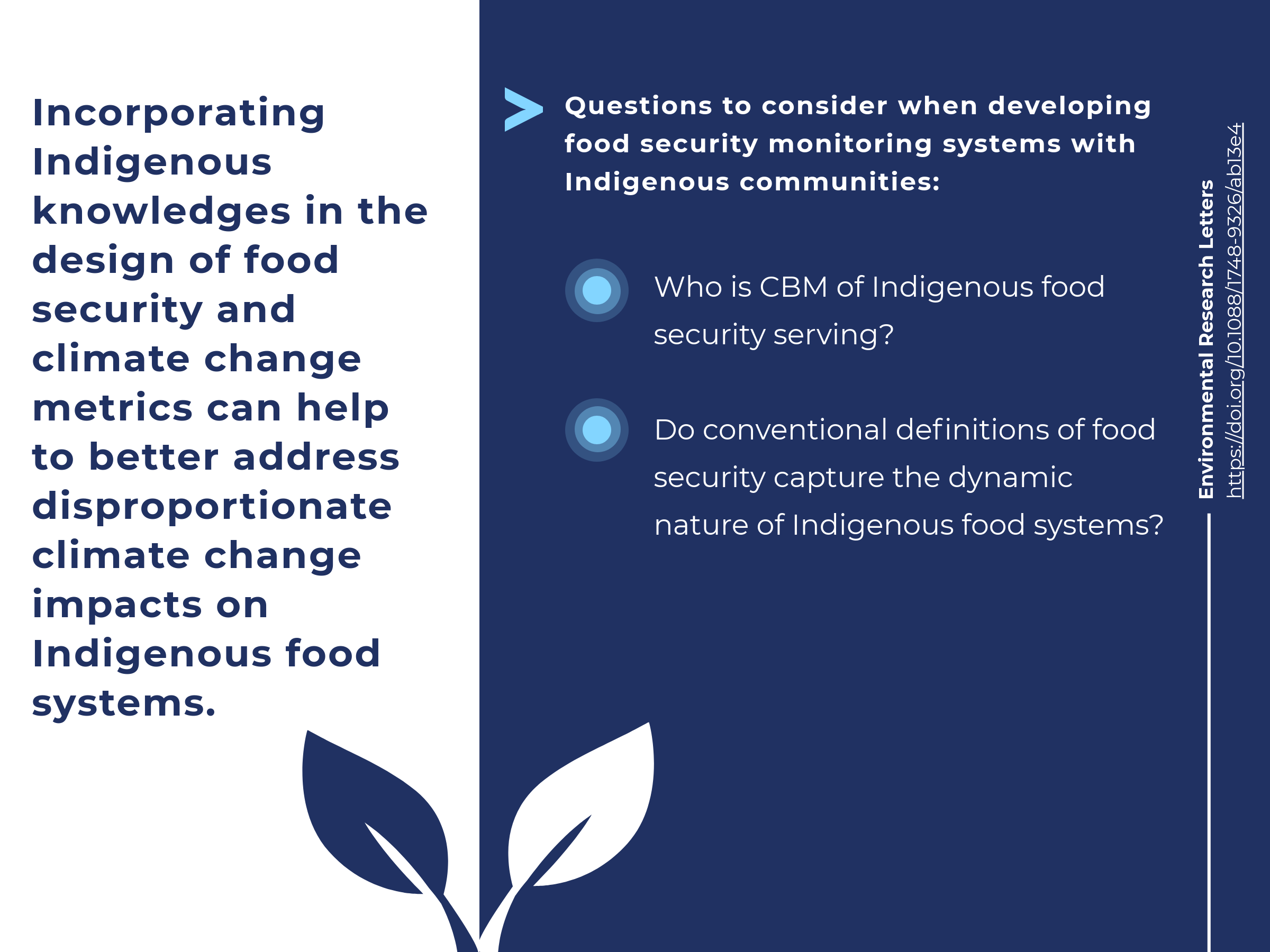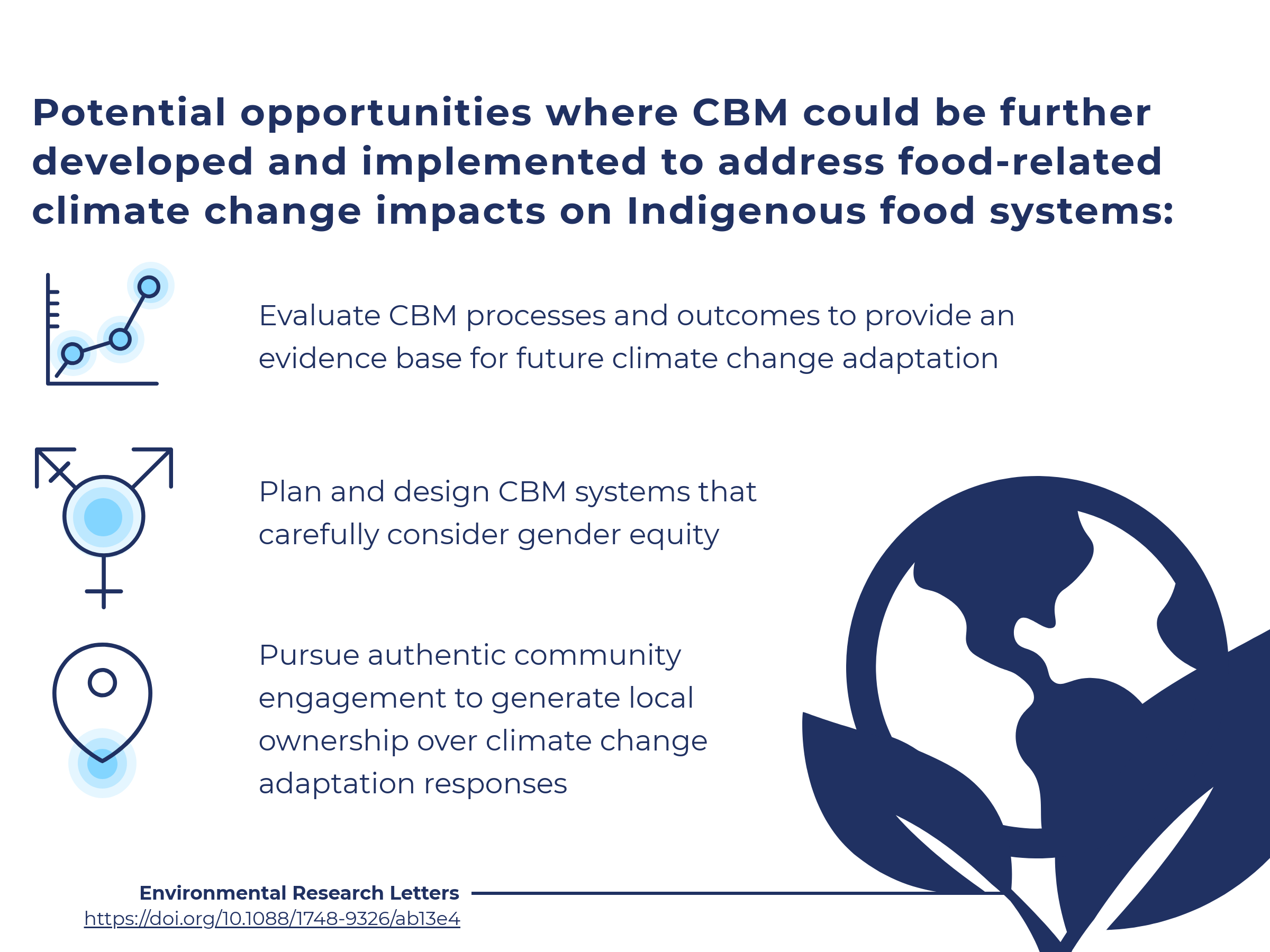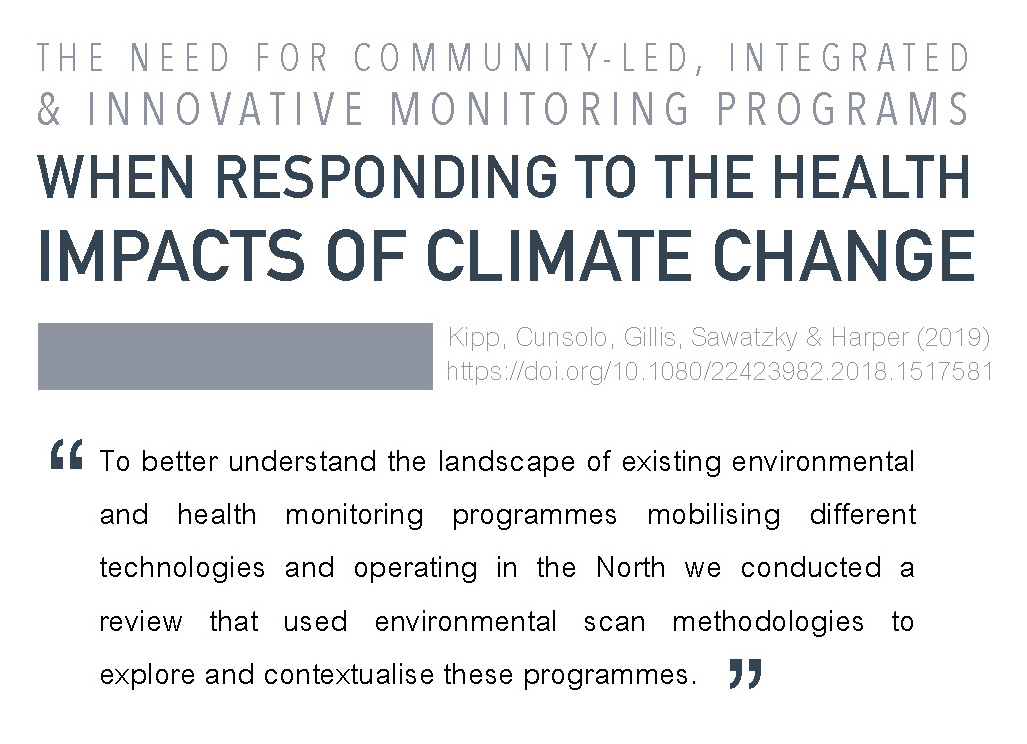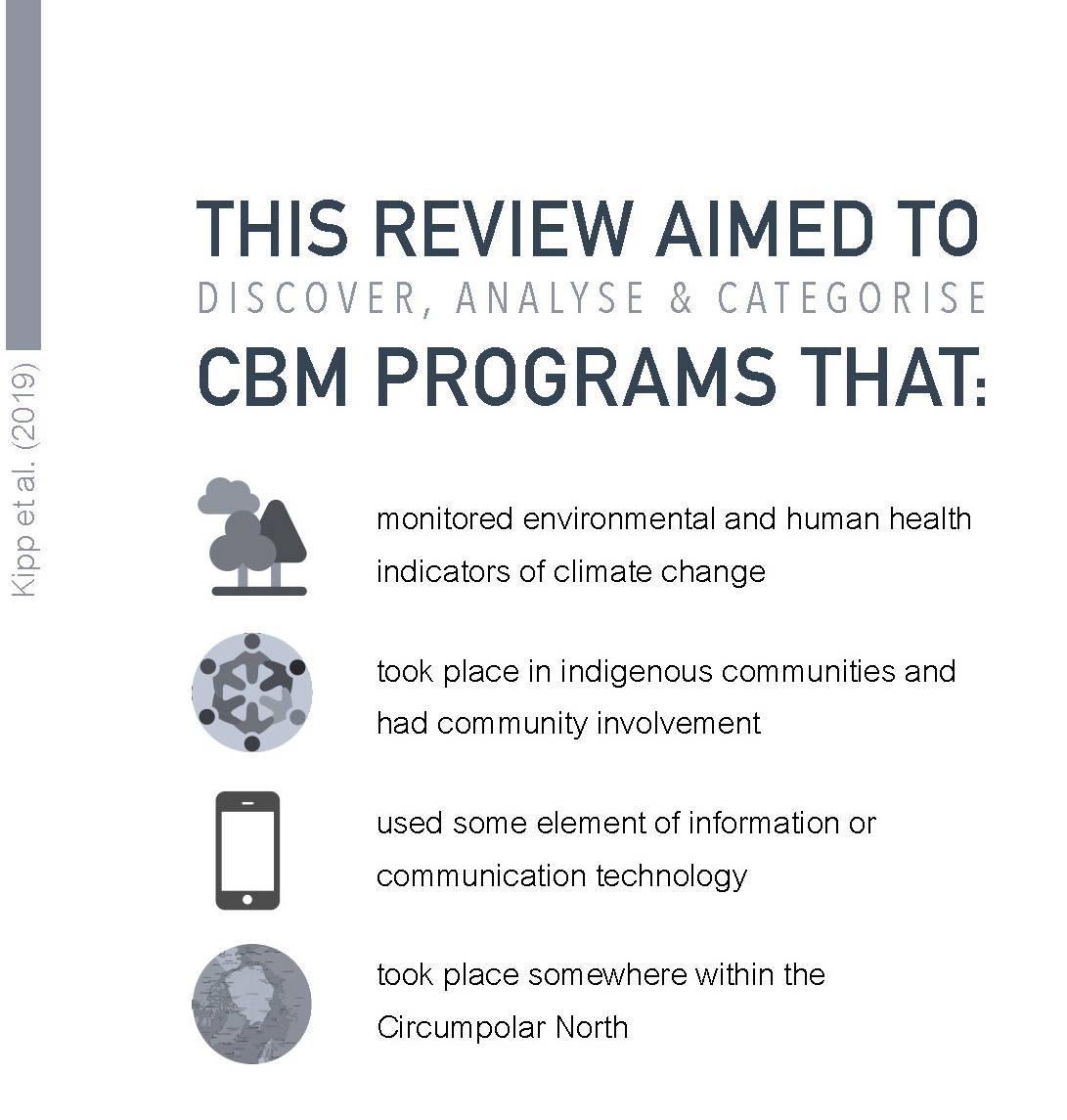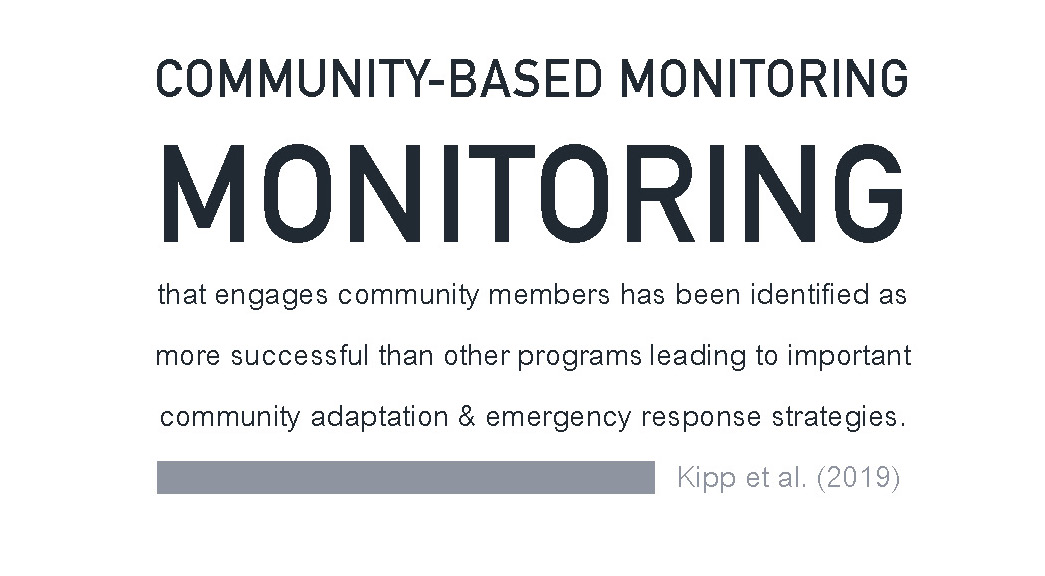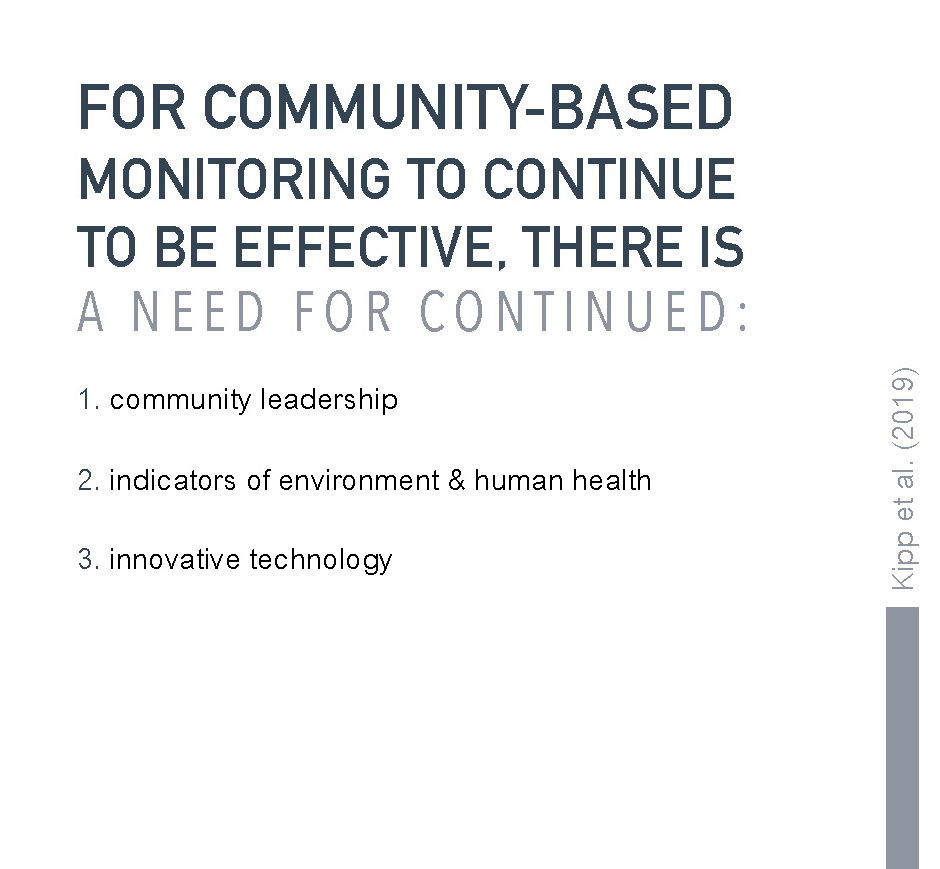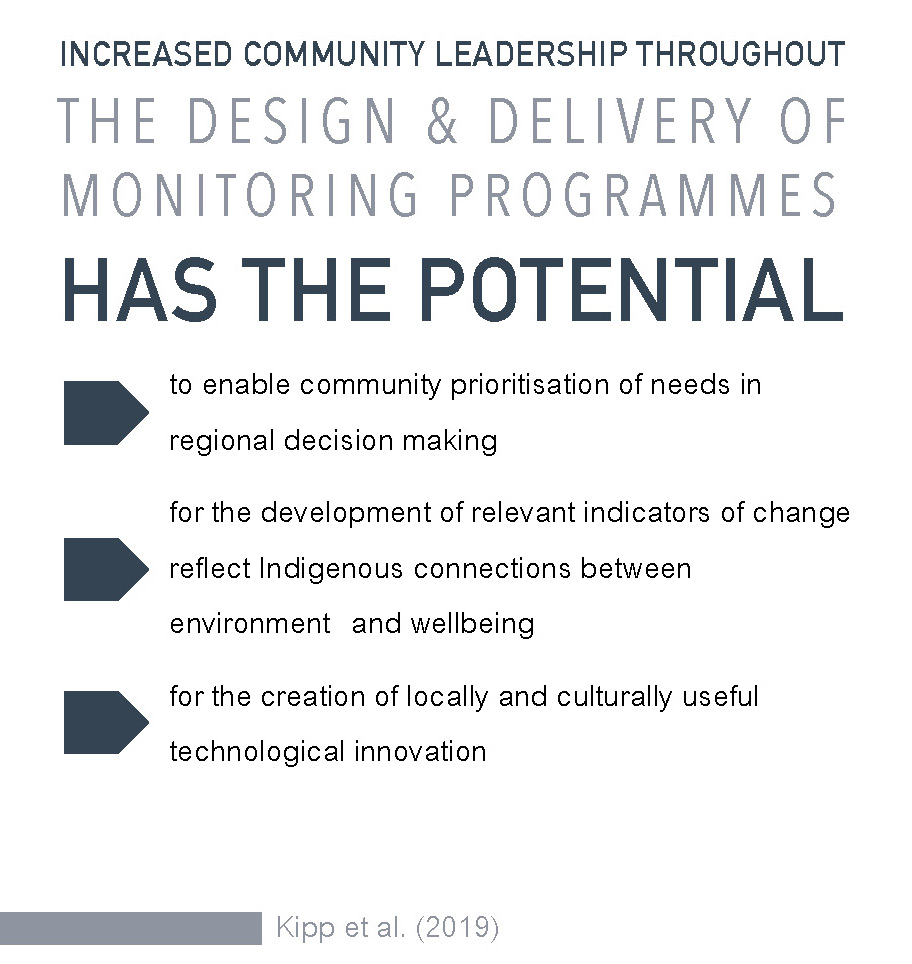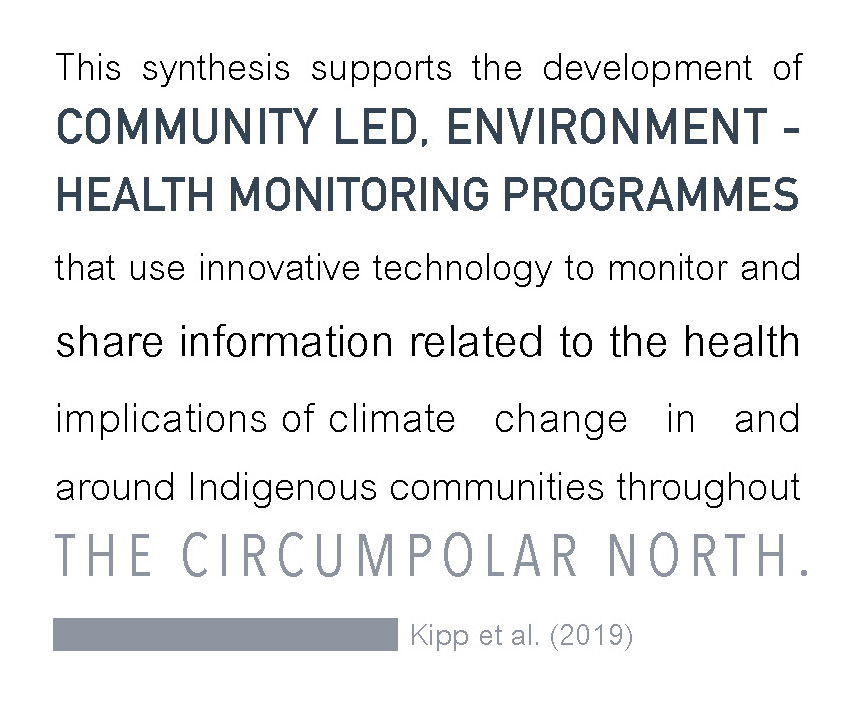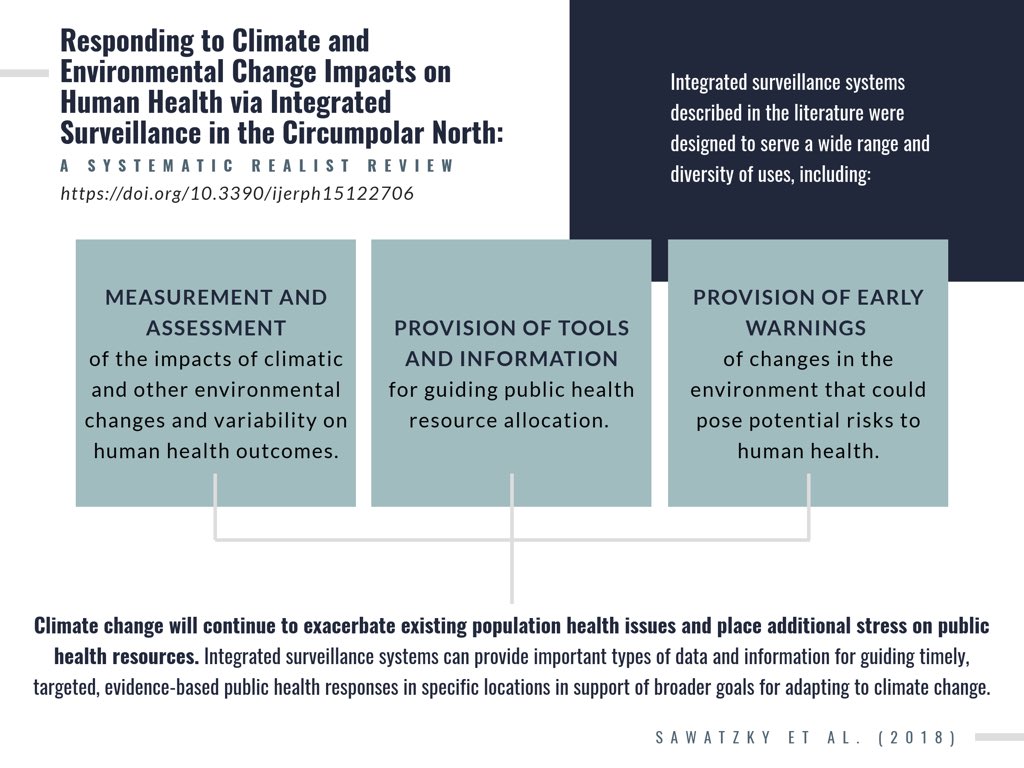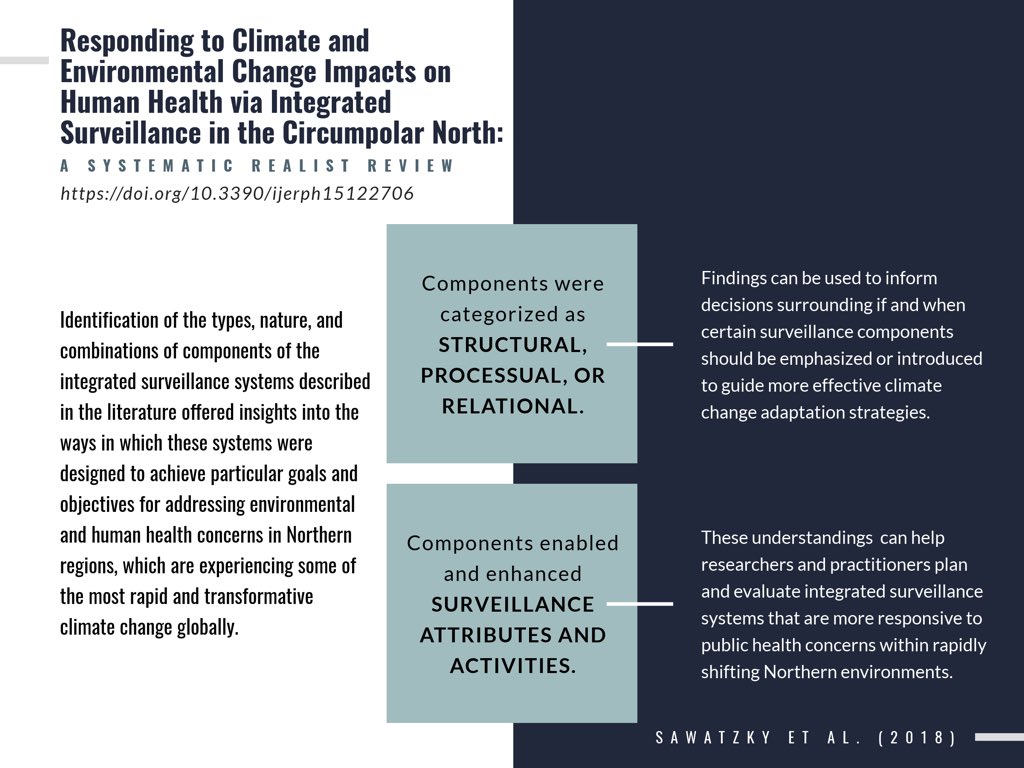We are pleased to share our new commentary paper recently published in One Earth. This commentary was co-authored by Sherilee Harper (University of Alberta), Dalee Sambo Dorough (Inuit Circumpolar Council), Joanna Petrasek MacDonald (Inuit Circumpolar Council), Ashlee Cunsolo (Labrador Institute of Memorial University), and Nia King (Queen’s University).
In the commentary, we asked: if climate change is the “biggest health threat of the century,” what does this mean for regions experiencing the fastest warming on the planet?
Here are the key messages from our paper:
1) What are the Climate Change key risks to Inuit health?
Some key climate-health impacts include:
Nutrition
Foodborne illness
Waterborne illness
Mental health
Health services
Heat morbidity
Injury and death
Key Inuit Climate-Health Risks Identified
2) What must be done to address climatechange health risks?
We called for Inuit self-determination in climate-health research, response & governance, with a focus on Inuit knowledge & Inuit-led research for a climate-resilient Inuit Nunaat.
Calls to Climate-Health Action
Article citation:
Harper, S.L., Sambo Dorough, D., Petrasek MacDonald, J., Cunsolo, A., & King, N. (2021). Climate change and Inuit health: Research does not match risks posed. One Earth, 4(12), 1656-1660.




